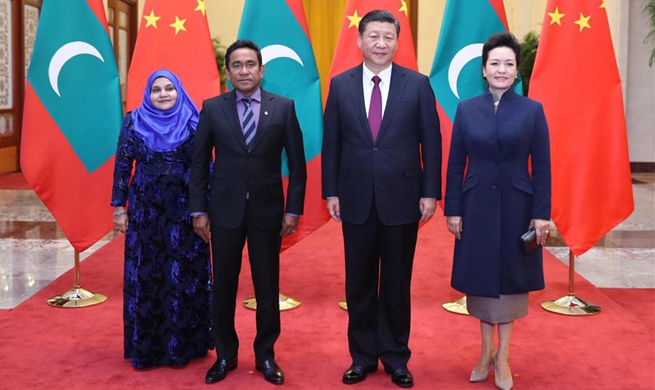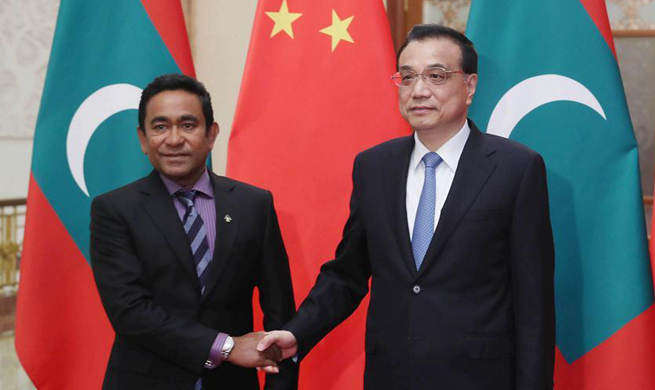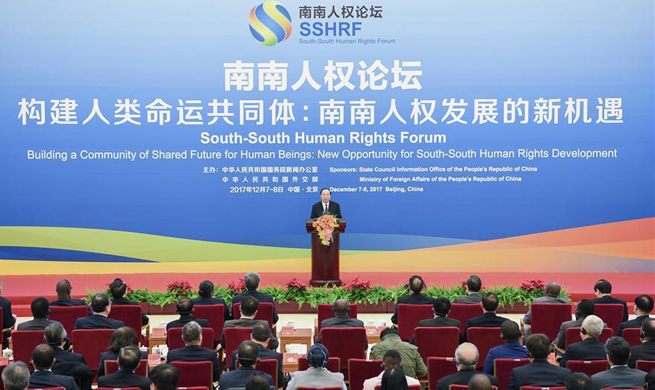BEIJING, Dec. 7 (Xinhua) -- Monotowns are becoming increasingly common in China's urbanization drive, raising concerns of a new real estate bubble.
Monotowns feature specialized industries. Since October, more than 50 listed companies have issued statements about monotown investment projects, covering film, medicine, fashion, energy and robotics sectors.
State-owned conglomerate CITIC Group announced a cooperation agreement on Nov. 25 with the local government of Yichuan in central China's Henan Province to build a town featuring the game of go and the pastoral scenery.
It is estimated that such towns in China, which are seen as a good means to boost urbanization and lure away people from overcrowded big cities, are attracting private investment worth trillions of yuan every year.
In southern Guangdong Province alone, a total of 60 "marine towns" will be created by 2020, according to a local government plan announced last month.
In Zhejiang Province in east China, 37 such towns have been announced, including one in Deqing county that focuses on the geographic information industry.
The town in Deqing had a total industrial output of 3.5 billion yuan (about 530 million U.S. dollars) over the past three years, according to a local official.
Across the country, 127 state-level monotowns were unveiled in October last year by the Ministry of Housing and Urban-Rural Development (MOHURD).
In the second batch of such towns announced in July this year, the number more than doubled to 276, including Yanqi town in Huairou district of Beijing.
Besides Yanqi town, Beijing has seven towns of this type, with dozens in the pipeline.
MOHURD plans to help create about 1,000 monotowns nationwide by 2020, covering tourism, logistics, modern manufacturing, education technology and traditional culture.
The boom in such towns has raised concerns that there might be risks, including real estate bubbles and local government debt.
"The pillar of monotowns should be industry, but 90 percent of the towns lack specific industries," said Hu Xiaoying, a manager with CRIC Group's property development branch.
To regulate the development of these towns, guidelines were issued jointly by MOHURD, the National Development and Reform Commission, the Ministry of Land and Resources as well as the Ministry of Environmental Protection Tuesday.
The guidelines said that monotowns should stick to industrial development, and control property development rigidly. Enterprises rather than governments should play a key role in the development of monotowns.
They state that local governments should introduce policies to solicit private capital, while avoiding exacerbating government debt burden
Government departments will launch regular evaluations on the monotowns.

















